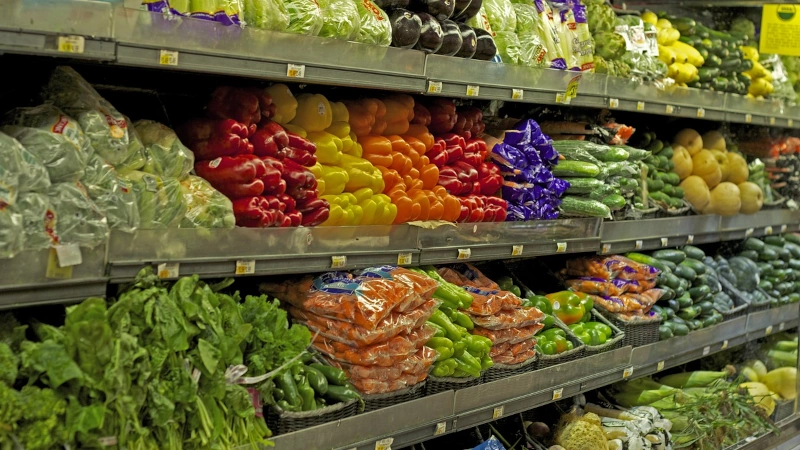Canned fruits and vegetables are on par nutritionally with their fresh or frozen counterparts. For some produce, the nutrition in canned foods is even greater.
Americans are not eating enough produce. Fruits and vegetables are important for a healthy diet as they provide many vitamins, minerals and essential plant nutrients for very few calories per serving. Canned fruits and vegetables are a convenient, tasty and nutritious way to boost intake of produce – and at a good value.
Excellent health is something everyone can attain. Everyday decisions impact your health in the long run, meaning the choices you make today will affect your health in the future.
Ananalysis by researchers at Michigan State University, published in the American Journal of Lifestyle Medicine, found that canned fruits and vegetables are just as nutritious as fresh and frozen.[1] For canned tomatoes in particular, canning improves the content of B vitamins, vitamin E and carotenoids compared to fresh. Fiber in beans becomes more soluble through the canning process, and thus more useful to the human body. Fiber is one of the “nutrients of concern” as identified in the government’s 2010 Dietary Guidelines for Americans, meaning it is one sorely lacking in the American diet (average intake is about 50% of the recommended amount for fiber).

Additionally, a nationally representative survey of American adults found that adults and children who frequently eat canned foods (6 or more items over 2 weeks) have healthier eating habits compared to those who eat 1-2 canned food items in the same time period.[2] This is indicated by:
- Higher intakes of fruits and vegetables and 17 essential nutrients including calcium and fiber – 2 shortfall nutrients according to the 2010 Dietary Guidelines for Americans
- Stronger Healthy Eating Index (HEI) scores – A summary measure of 10 dietary components, including the 5 food categories from dietary guidelines, as well as saturated fat, total fat, sodium, cholesterol and amount of variety in diet. Higher scores correlate with better quality diets.[3]
As for the value of canned foods, canned produce can help American families stretch their grocery budget. While there was no clear delineation in price comparisons across fresh, frozen and canned fruit, the analysis found that canned vegetables can be half the cost of frozen and one-fifth the cost of fresh, with the most popular canned vegetables (corn, tomatoes, peas, and green beans) particularly less expensive than their fresh or frozen counterparts.[1]
Eat the fruits and vegetable you prefer whether canned, fresh, frozen, or dried. Canned foods simply make healthy eating easy. Not only does canned produce compare with fresh and frozen nutritionally, but canned foods generally help cut down on food preparation and make it easy to get healthy, home-cooked meals on the table fast. Because commercial canning is similar to home canning (just on a larger scale) and with produce picked at the peak of ripeness, you can feel confident that canned fruits, vegetables, and beans (like kidney beans) are nutritious, safe and full of flavor.
The post Are canned vegetables good for you? first appeared in The Foundation for Fresh Produce’s Have A Plant® blog.
Sources
About The Foundation For Fresh Produce And Have A Plant® Movement


The Foundation for Fresh Produce’s vision is to grow a healthier world by changing the trajectory of human health. The produce industry has the potential to provide solutions for many of the world’s greatest health and economic challenges – especially those surrounding nutrition and hunger.
The Foundation focuses on improving the appeal of fruit and vegetables as an integral part of people’s diets, supporting the development of infrastructure and supply chain solutions that provide easier access, and establishing strategic alliances that enable children and families to form healthier eating habits.
The transformative Have A Plant® Movement inspires consumers with compelling reasons to believe in the powerful role fruits and vegetables can play to fuel happy, healthy and active lifestyles.



